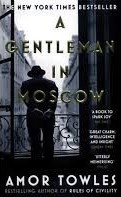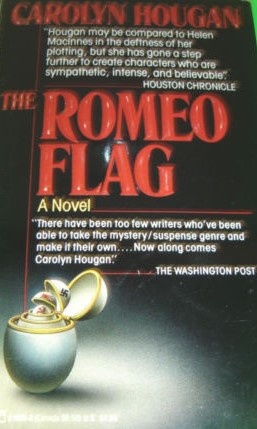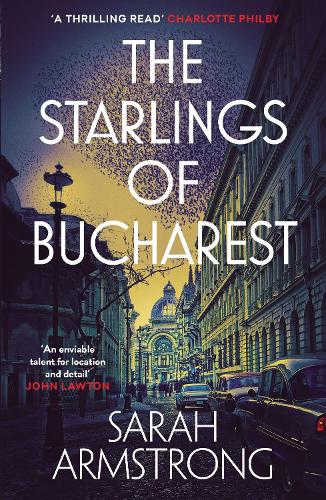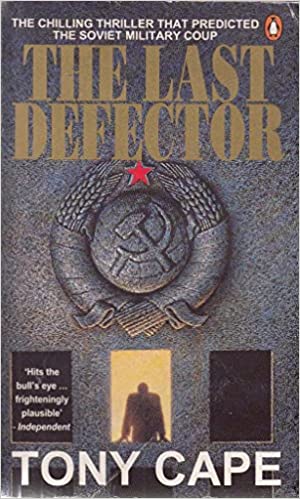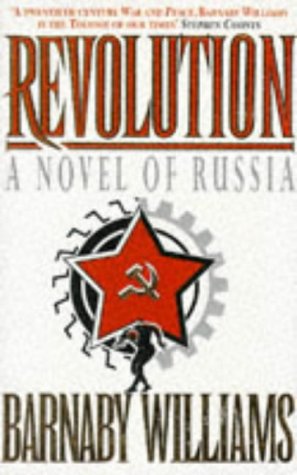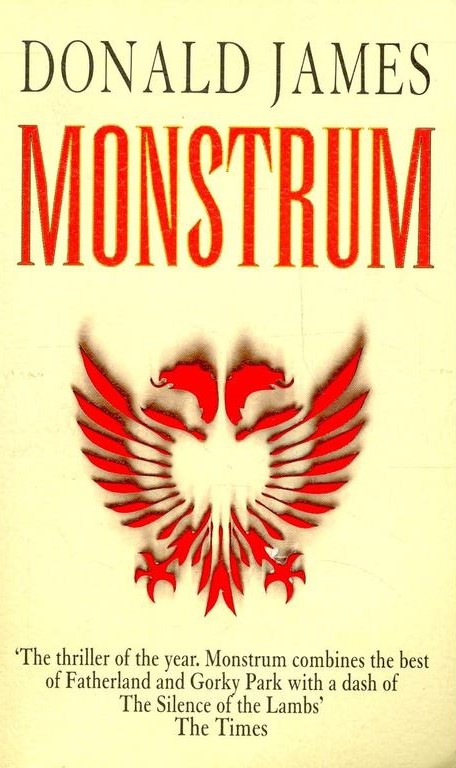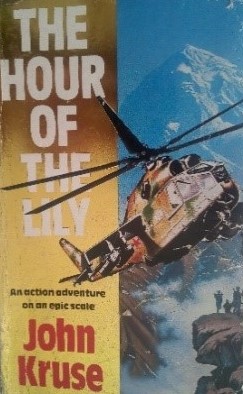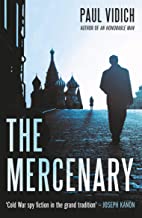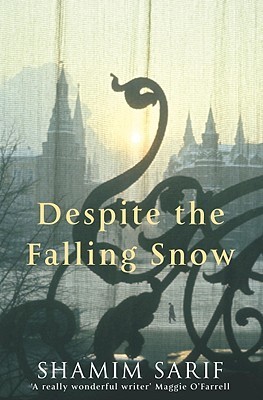
On the Russia in Fiction blog, we categorise books according to their temporal setting. Shamim Sarif’s Despite the Falling Snow is set in Moscow in the Khrushchev years of the late 1950s and in Boston in the late 1990s. Yet somehow Russia in Fiction always thinks of it as being a novel about the Stalin era.
That this impression prevails is credit to Shamim Sarif. Thematically, Despite the Falling Snow could be summed up as an exploration of the way in which the inhuman brutality of Stalinism wreaks its deep emotional damage decade after decade, generation on generation, even following its victims halfway round the globe.
Continue reading